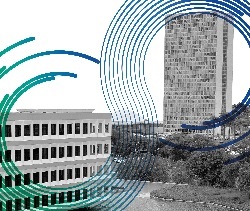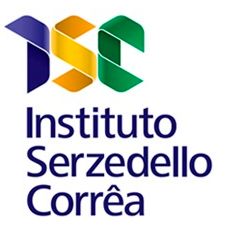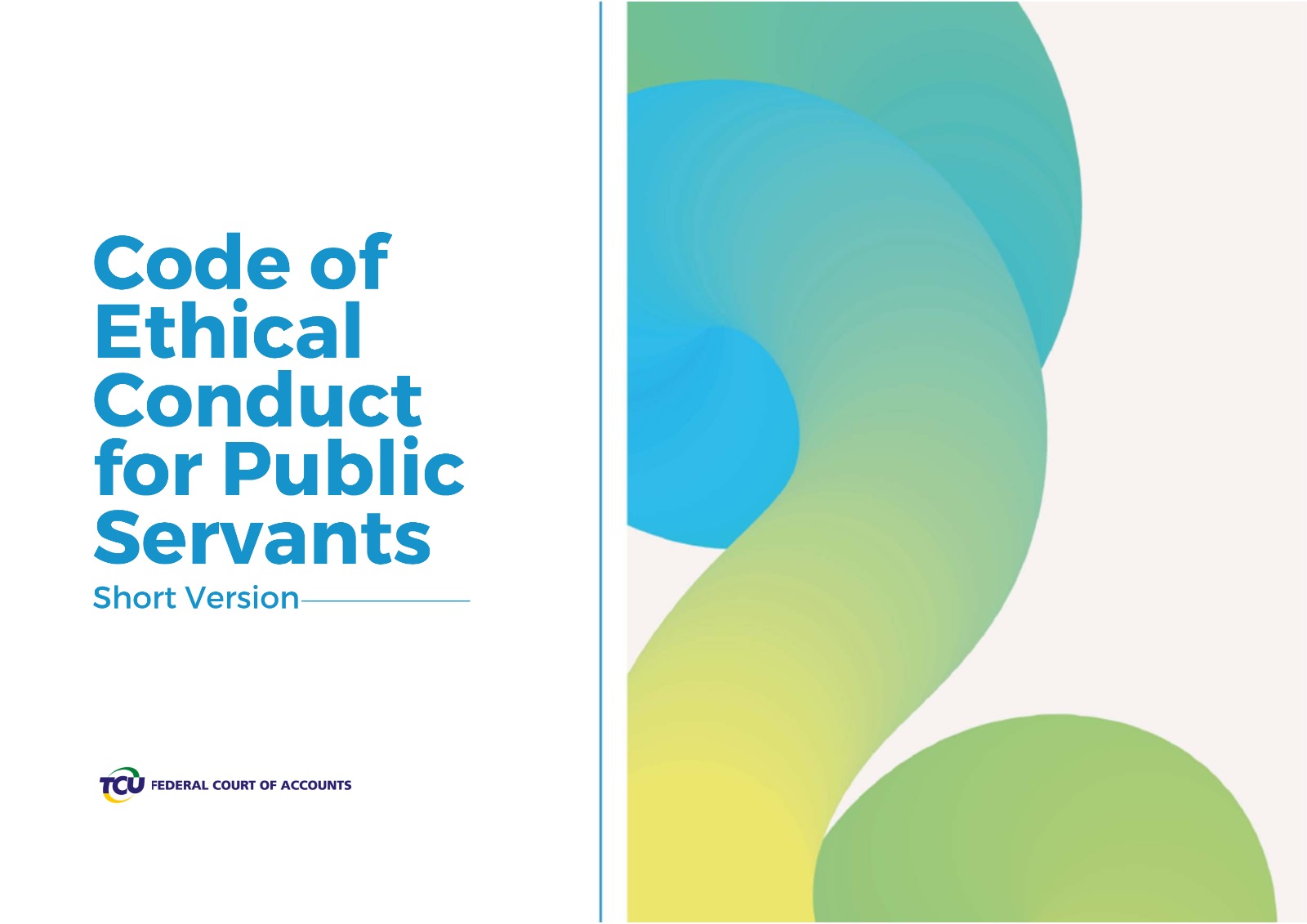Federal Court of Accounts - Brazil (TCU)
About TCU's Code of Ethics
Ethics refers to the principles of conduct that guide an individual or group of individuals and addresses what is morally good or bad, right or wrong.
From the point of view of what individuals do in social groupings in which they participate, such as family, community, company, work, club, among others, ethics means making decisions and acting based on respect and commitment to the good, honesty, dignity, loyalty, decorum, diligence, responsibility, justice, impartiality, solidarity, and equity, among other values recognized by the group. High standards of conduct and ethical behavior should not be limited to compliance with laws and regulations, because a perfectly legal act is not always ethically legitimate. The solution to have a public administration guided by ethical values is not limited to the approval of stricter laws, since existing laws and decrees already contain abundant provisions on the conduct of public servants.
The role of the Brazilian Federal Court of Accounts ultimately aims at the improvement of the State through external control of the public administration and defense of effective and regular management of public resources. As so, the TCU believes that public recognition of ethical principles and values through this Code, which formalizes the ethical commitments of the Court, will contribute to the proper fulfillment of its institutional objectives by bringing important benchmarks for their achievement. Considering that the Code formalizes the ethical commitments of the Court, the TCU conviction is reinforced by the fact that the conduct of its servants is reflected both internally and in relation to its citizens and society in general.
The ethics of an institution is a result of the conduct of its servants, who must follow a set of principles and rules, embodying a standard of irreproachable behavior. Thus, it is expected that each servant will guide his or her actions towards the basic directions prescribed in this Code, reflecting them in their attitudes and behavior, so that society and the different audiences with whom they interact can assess and assimilate the integrity and correctness with which they conduct their activities.
About the Ethics Committee
Responsibilities
I - to prepare specific work plan, involving, as the case may be, other departments of the Court, aiming at creating an efficient system of information, education, monitoring and assessment of results of ethics management in the Court;
II - to organize and develop, in cooperation with the Serzedello Corrêa Institute (ISC), courses, manuals, booklets, lectures, seminars and other actions for training and promotion of the Code of Ethical Conduct;
III - to settle doubts concerning the interpretation and application of the code and to discuss cases not covered by the code, as well as, if deemed necessary, to make recommendations or suggest to the Presidency of the Court complementary, interpretative and guiding rules for its provisions;
IV - to issue and disclose general guidelines regarding the interpretation and application of the code;
V - to verify, upon complaint or ex-officio, conduct that is not in accordance with the code that, in principle, does not configure itself as a functional infraction, ensuring that the servant has the right to the adversarial system and the legal defense;
VI - to receive proposals and suggestions for the improvement and modernization of the code and propose the preparation or adaptation of internal norms to its precepts;
VII - to present a report of all its activities at the end of the yearly management of the Presidency of the Court, which will also include an evaluation of the actuality of the code and the proposals and suggestions for its improvement and modernization;
VIII - to propose to the Presidency of the Court an exemption from complying with the impediment period dealt with in items III and IV of article 8 of the code, when verified the non-existence of a conflict of interest or its irrelevance;
IX - to prepare and submit to the Presidency proposals for regulations pursuant to the code; and
X - to develop other activities related to its purpose.
Organizational Structure
President: Antonio José Saraiva de Oliveira Júnior
Members: Luiz Guilherme da Boamorte Silveira and Marco Aurélio Pereira de Souza
Substitutes: Frederico Júlio Goepfert Júnior, Márcio Gleidson Chaves de Sales and Márcia Brandão de Oliveira
Head of Department: Janaína Carmago Rosal
(Ordinance-TCU no. 43, of February 7, 2023)
Contact



